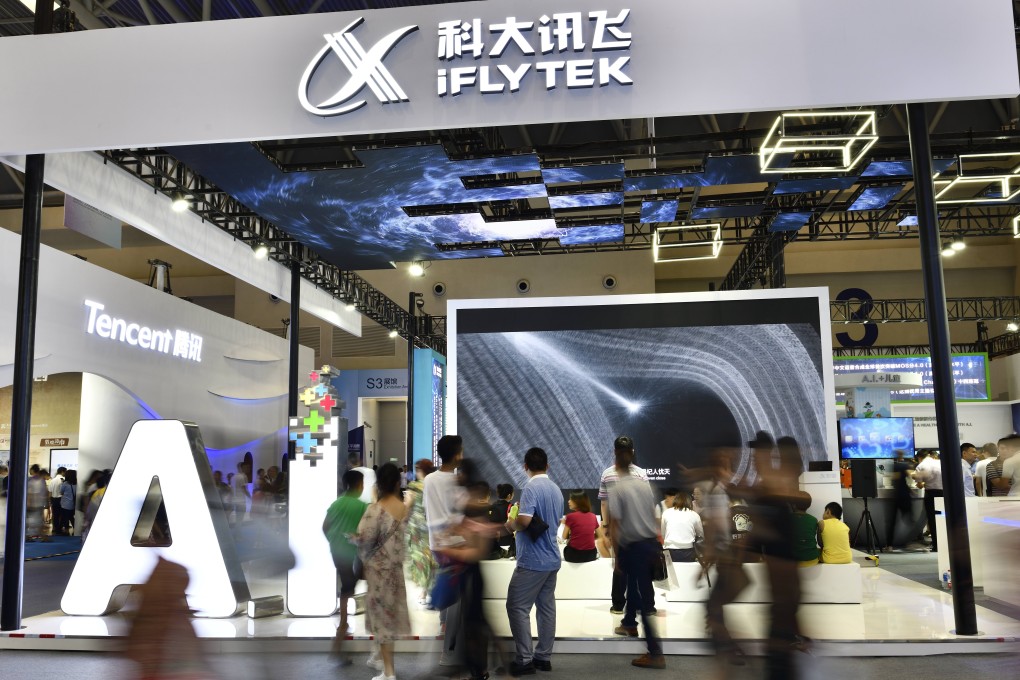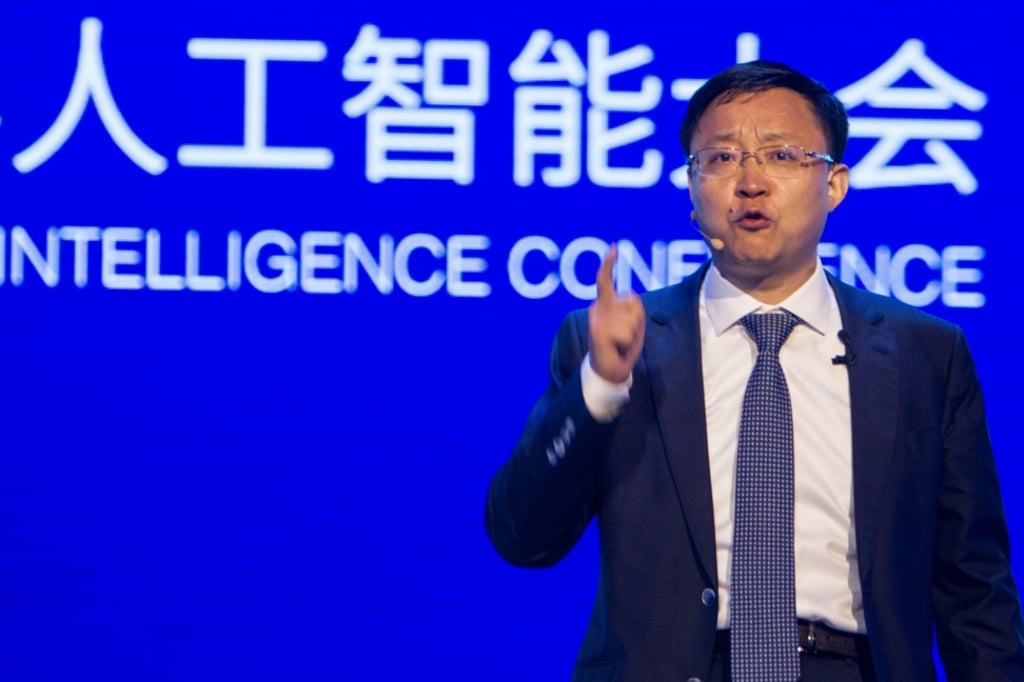China’s AI initiatives to pay off with broad industrial applications, iFlytek founder says
- Liu Qingfeng, who serves as chairman at iFlytek, says AI advances are at a ‘critical stage’ in the world’s second largest economy

China’s efforts in artificial intelligence (AI) development are starting to pay off, with wider industrial applications set to be deployed, amid the protracted tech and trade war with the United States.
Liu Qingfeng, the founder and chairman of iFlytek, highlighted that progress on Monday at a conference in Beijing, where he said AI advances were now entering a “critical stage” in the world’s second largest economy, without elaborating.
His positive forecast at the event, the transcript of which was verified by Shenzhen-listed iFlytek, included predicting a fast rate of AI adoption across most industries in China, resulting in increased efficiency at many businesses.

That move shows how the US and China are jostling hard to dominate advanced technologies, from 5G to quantum computing and AI. The sharp rise in China’s AI patent applications and funding over the past few years has prompted the US government to take action, as the trade dispute between Beijing and Washington intensified.